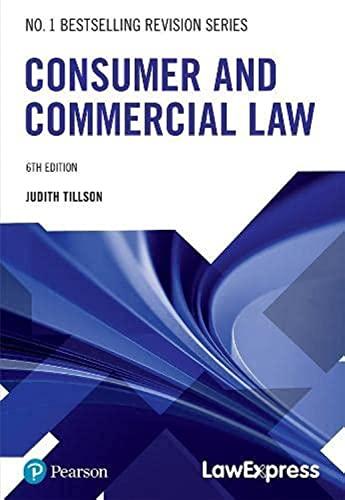Question
Recent cases of questionable police-initiated actions against minorities (including Breonna Taylor, George Floyd, and Ahmaud Arbery, among others) means that kids will likely be overhearing
Recent cases of questionable police-initiated actions against minorities (including Breonna Taylor, George Floyd, and Ahmaud Arbery, among others) means that kids will likely be overhearing conversations about racial profiling, police brutality, and racismand asking questions. Experts say that how we answer could shape children's current and future perspectives on race and law enforcement for the next several decades.
1. Why is it important to talk with children about what happened to George Floyd and other incidents of police brutality or racism in the news?
2. If a child says they are afraid or angry, what do you say? What do you tell a child who is afraid for one of their friends?
3. If a child of color asks if a police officer is going to kill them, what do you say?
4. How can parents talk about law enforcement in a way that is honest but also doesn't discourage children from seeking help from law enforcement when appropriate?
5. Many of these deaths garner attention because footage of it goes viral. What should we say if our child asks to see it?
6. How can parents explain the uprisings in a way that doesn't condone violence but also doesn't minimize the sense of injustice fueling them?
7. What do we say if, in the course of this conversation, a child says something racist?
8. Should these conversations be different depending on the race of the child?
Step by Step Solution
There are 3 Steps involved in it
Step: 1

Get Instant Access to Expert-Tailored Solutions
See step-by-step solutions with expert insights and AI powered tools for academic success
Step: 2

Step: 3

Ace Your Homework with AI
Get the answers you need in no time with our AI-driven, step-by-step assistance
Get Started


